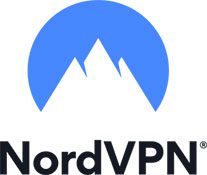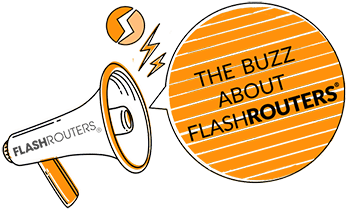Deciding between Free VPN vs Paid VPN is something that troubles many. Should one pay for a VPN provider? Surely you would get better service than if you used a free service. Or would you? FlashRouters will try to answer these questions and then some.
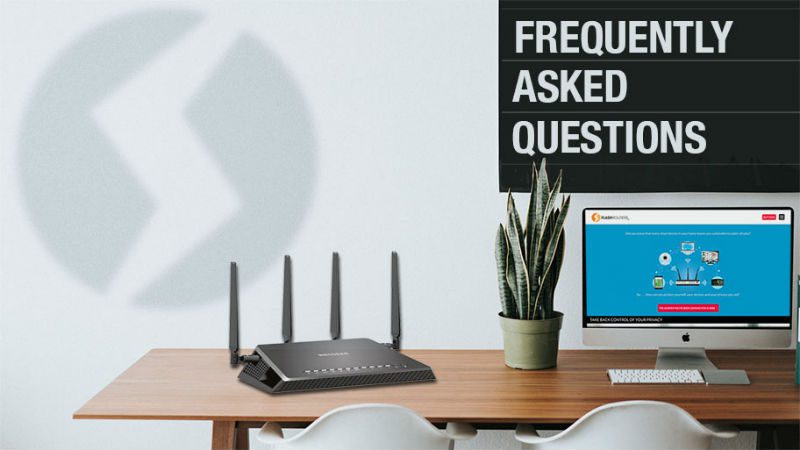
Free VPN vs Paid VPN – What’s The Difference?
Let’s start with some basics, what is a VPN? A VPN, or virtual private network, is a privacy tool that re-routes user traffic to another location, giving them added security and the ability to unlock geo-restricted content.
Putting it as simply as possible, certain VPN providers charge for their services, while others do not. There are some VPN services that offer both paid and free versions. However, it’s important to read up on what these services offer before signing up.
What Do Free VPNs Feature?
- Limited Server Access
- Data Usage Caps
- Reduced Simultaneous Access
- Slower Speeds
What Do Paid VPNs Feature?
- Multiple simultaneous connections
- Unlimited speeds
- Access to all available servers
- Specialized servers for streaming, torrenting, etc.
While specific features vary from VPN Provider to VPN Provider, there is definitely a marked difference in the services offered by free VPNs vs paid VPNs. For example, if you place the free version of ProtonVPN alongside the paid version, you’ll see a huge difference. First off, the free version provides access to only seven servers, compared to hundreds of servers with the paid version. Secondly, the free version offers slower speeds. And, you can only have one connection at a time. Meaning, users of the free version have limited access to ProtonVPN’s vast list of features.
With other free VPN providers, there’s also a bandwidth usage cap. Imagine your connection shutting off just in the middle of the Mandalorian. Unlike ProtonVPN, which offers free and paid options most VPN services are strictly paid or free services. While it may make sense to use a free service simply because it will cost you nothing, this does not mean it is a fool-proof solution.
What Is Wrong With Using a Free VPN?
As originally stated in Heinlein’s The Moon Is A Harsh Mistress but popularized by economist Milton Friedman, “There ain’t no such thing as a free lunch.” In other words, nothing in life is really free. You may not be paying anything for the service, but someone certainly is. As we’ve already discussed above, free VPNs offer a smaller variety of options for users. While that may not be a worry to some, network security should be a worry for users.
Since most free VPNs are exclusively free, the service needs to monetize. This may happen via ads, escaping which is one of the major reasons users sign up for a VPN, or perhaps something more nefarious, such as in the case of Hola VPN. In 2015, Hola was reported to be selling users’ bandwidth for botnets. These botnets were then able to deliver malware to users. Other free VPNs are also teeming with malware.
Finding a free Third-Party VPN service can seem like a rewarding opportunity, but please, consider the risk before you delve in. Every service needs to pay for itself to exist in one way or another. It is possible a VPN service could make money off of logging your information and selling it to companies. Facebook, Apple, and Google already do this. Why wouldn’t a Third Party VPN?
How Safe are Free VPNs Today?
The incident with Hola VPN took place in 2015. For many users, it’s reasonable to ask, has using free VPN services become safer? Unfortunately not.
In July 2020, security researchers discovered an unprotected database containing over 1.2 TB of personal identifying information (PII) belonging to subscribers of UFO VPN, FAST VPN, Free VPN, Super VPN, Flash VPN, Secure VPN, and Rabbit VPN. Information stored in the database included names, IP addresses, clear test passwords, devices connected, and more. All 7 VPN providers advertised themselves as “no-logs” VPNs and ranged between 10,000 and 10 million downloads in the Google Play Store.
Initially, security researchers at Comparitech discovered an unencrypted UFO VPN database. Soon afterward a separate group of researchers at VPNMentor found six other VPNs that used a similar infrastructure, a common server, the same payment recipient, and that three services had almost identical sites. While UFO VPN has since secured the database, users of the VPN providers should change their passwords immediately, as that data can be used by nefarious actors for fraud, specialized phishing, and more.
Following the leak fix, VPNMentor researchers went back to testing the provider’s no-logs policy and found that UFO’s system still created extensive logs in their system, including PII logs. Users who value their privacy and are looking to sign up for a VPN for extra protection should avoid using these providers, at least for the foreseeable future.
You Get What You Pay For
All in all, you get what you pay for. A free VPN service, simply put, will not be able to offer you the same level of security a paid VPN service will. Consider the costs associated with owning an operating a VPN network. Investments in network encryption, improved performance, and new offerings require capital. Very likely, free VPNs cannot offer the same level of service to users, especially when it comes to technology. Many VPN Providers offer a secure service at an affordable price. Free services may seem like a good idea at the time, but remember, nothing is really free.
What Are Some Affordable VPN Options?
We’ve established that using a free VPN might pose significant dangers to users. However, access to a secure, encrypted connection doesn’ have to break the bank. Luckily, FlashRouters can point users to a number of providers that offer great security, coverage, all at an affordable price.
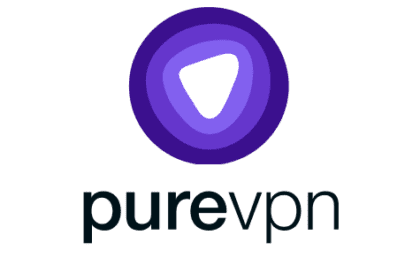
PER MONTH
- Servers in 70+ countries
- Port Forwarding, DDoS protection, and Dedicated IP Available as Add-ons
Using a VPN With a Router
Once you have decided on a VPN, integrating the service with a router will you to get even more out of it. Using a DD-WRT FlashRouter from FlashRouters will allow you to create a VPN network in your home or office.
Have devices such as AppleTV or PlayStation that have no native VPN support? Have an Apple Airport Extreme and want it to be part of a VPN network? Simply put, add a FlashRouter to your network.
FlashRouters offers a wide variety of devices. Here are some of our customers’ favorites:
AX3000 WiFi 6 VPN FlashRouter
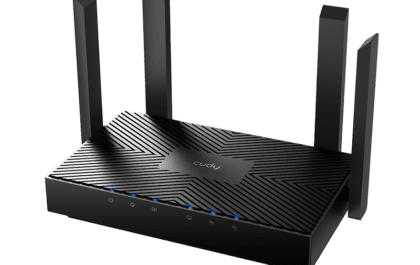
$149.99
- Perfect for Medium Homes
- Perfect for 20-30 Devices
Asus AX1800S FlashRouter
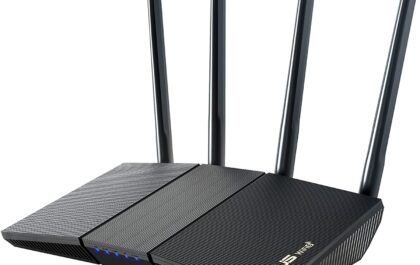
$249.99
- Easy Router Setup via Asus App
- Blazing-fast Wi-Fi 6 (Wireless-AX) Speeds
Flint Wi-Fi 6 VPN Router by FlashRouters
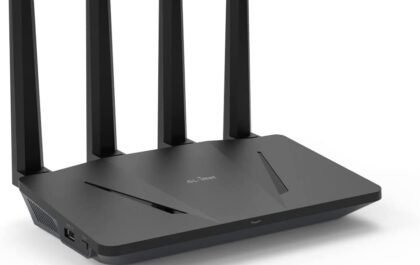
$229.99
- Supports WiFi 6 (Wireless-AX) speeds
- Includes WireGuard Fast VPN Protocol Support
Have any further questions about free VPN vs paid VPN? Contact our support team!
Best VPN Routers 2024
Looking for the most secure router for VPN service options? Look no further.

